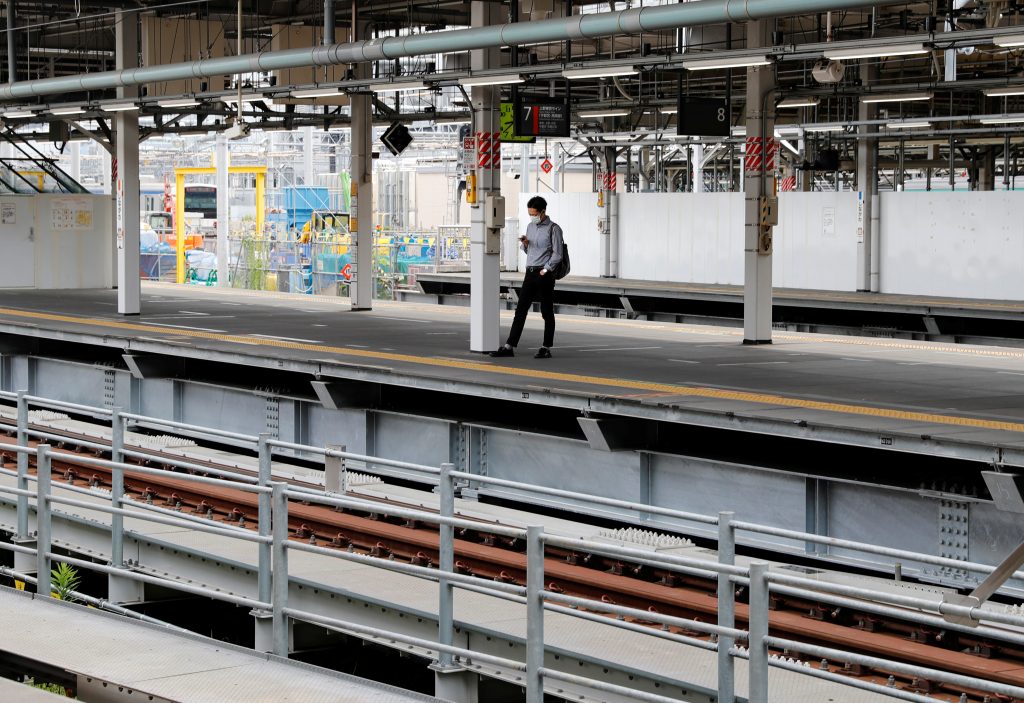
- ARAB NEWS
- 17 Jul 2025

TOKYO: Japan’s services sector extended activity declines for a fifth straight month in June, although the pace of contraction slowed significantly after a nationwide state of emergency was lifted, easing disruptions to businesses.
The final Jibun Bank Japan Services Purchasing Managers’ Index (PMI) rose to a seasonally adjusted 45.0 in June from 26.5 in May.
The reading was better than a preliminary 42.3 released last week and marked the biggest index rise in a single month on record, with data going back to September 2007. That suggested business conditions were gradually returning to normal in the world’s third-largest economy.
Still, the index stayed below the 50.0 threshold that separates contraction from expansion for the fifth straight month, matching a similar run to September 2012, suggesting firms continue to struggle with below-capacity operations and low customer numbers.
“Until demand rises persistently at a strong rate, we can expect a sluggish recovery,” said Joe Hayes, economist at IHS Markit, which compiles the survey.
“We have to remember that Japan’s economy was already in a recession before the second quarter and 2020 was set to be economically challenging.”
Japan fell into recession for the first time in 4-1/2 years in the three months through March and is set to suffer its deepest postwar slump in the current quarter.
The survey showed broader conditions were still fragile, with the majority of businesses seeing no change or a further drop in new workloads, while firms also said operating requirements remained low due to weak demand.
The composite PMI, which includes both manufacturing and services, also pointed to a slower pace of activity decline, rising to a four-month high of 40.8 from May’s final 27.8.
Reuters